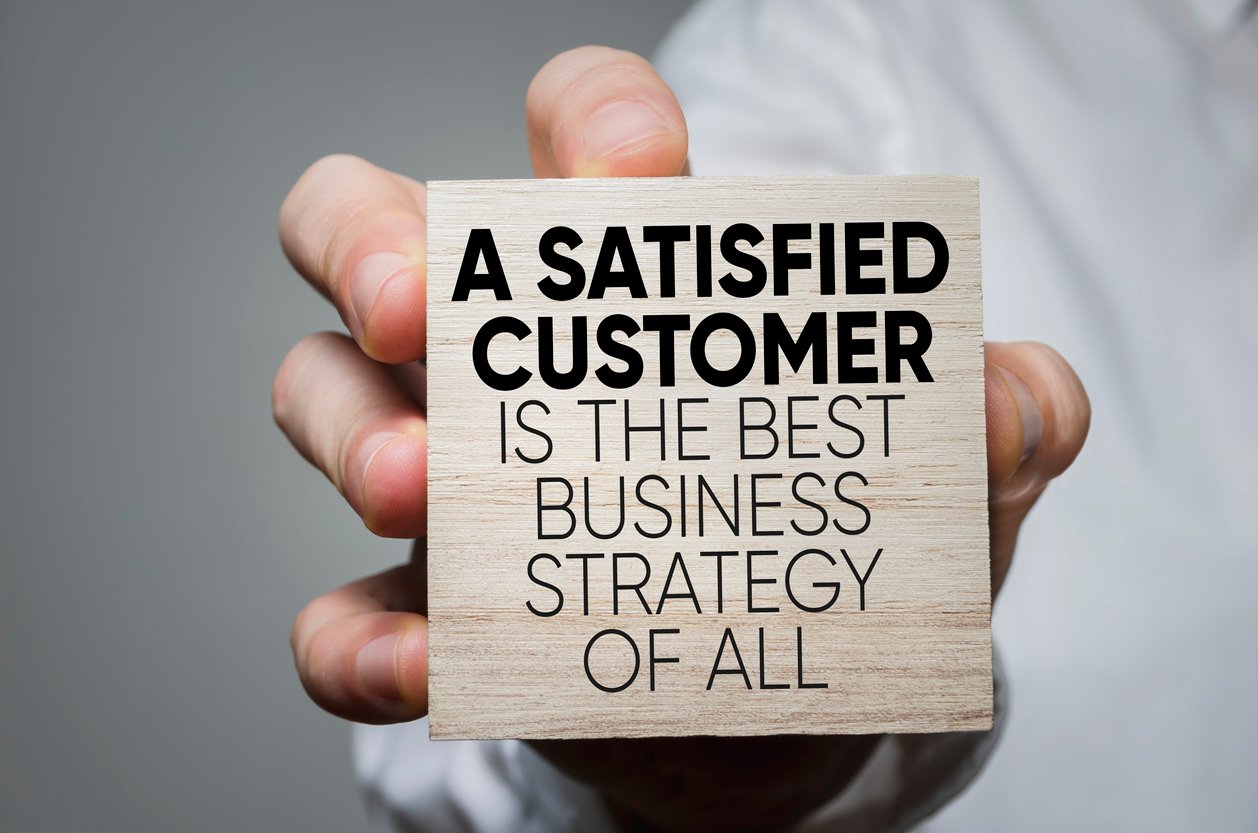 In the modern market, it’s not enough for a business to create stellar products or offer fantastic services. Successful brands also need to communicate consistently with their clients — after all, no brand can bring in money without keeping its core customers satisfied.
In the modern market, it’s not enough for a business to create stellar products or offer fantastic services. Successful brands also need to communicate consistently with their clients — after all, no brand can bring in money without keeping its core customers satisfied.
In fact, client communication is arguably the single most important factor for business success, especially given high market competitiveness and client expectations. Clear communication shows dedication to clients and customers, commitment to quality, and more. More than that, communication is key to keeping your clients happy over the long term.
What if you’re unsure if you need help with customer service? Here are the signs that you need an answering service.
Transparency for Clients
First and foremost, clients want transparency from all branded communications. While the exact details can vary from industry to industry, most clients want your business to be as honest, upfront, and straightforward with them as possible.
Forget convoluted pricing charts, unclear terms and conditions, or opaque customer service channels. Clients won’t put up with these behaviors. Instead, they want:
- Clear pricing whenever possible (though some industries require bespoke or customized pricing models).
- Straightforward customer service channels and abilities, so clients always know how to get in touch with their brands.
- Transparency in terms of how your business works. This characteristic is more advantageous than you may initially think, as business transparency helps your customers form realistic expectations about your brand, preventing disappointment later down the road
You can achieve client communication transparency by looking at your communications — and your customer service channels — from their viewpoint. Put yourself in the shoes of your average customer and ask:
- Is it easy for you to get in touch with your customer service team?
- Does a prospective customer know what your business is about and what they can expect?
- Is your pricing model clear and easy to understand?
If the answer is “no” to any of these questions, rework your communication channels and materials until you are satisfied. Transparent communication is the best way to start a business relationship with a new client off on the right foot.
Stay in Communication With Your Clients
Another vital part of client communication for business is consistency. Simply put, clients don’t want your communication to be sporadic or unreliable. They need you to stay in touch with them regularly or offer customer service channels such that they can reach out to you when needed.
Indeed, the ideal way to gain the trust of your current and future clients is to offer constant communication. If a customer feels like they can reach out anytime to get an answer to a question or to alleviate one of their concerns, they are more likely to trust your brand overall.
To practice this strategy, consider offering clients routine meetings. These can take place monthly, weekly, or on some other regular cadence, depending on your schedules. Regardless, the commitment to consistency will send a clear, positive message to your clients.
On the other hand, you should also maintain agility and flexibility in terms of client communications. Make sure you can offer responses or customer service through channels or means your clients appreciate, such as calls, emails, or in-person service.
Put another way, you should be consistent with your customer service communication and maintain flexibility. Try to balance both elements for the best possible results.
Show Empathy
Customers need more than prompt customer service, of course. They also need to feel heard, understood, and that you know exactly how to solve their problems. In other words, they need you to show empathy in your communications.
At its core, all customer service relies on understanding and providing bespoke service to important clients. Clients want your CS agents to know how they feel and why they feel that way.
At the highest levels of business, when the stakes are also highest, clients need — not want — your brand to understand why they’re complaining. That’s the only way they’ll feel certain that you won’t repeat the same mistake twice or that you will be able to provide them with the service they deserve.
To that end, your customer service agents need to know:
- What a client's emotions are when communicating with them.
- How to meet clients where they are. After all, you can’t expect all of your clients to have the exact same understanding as your workers when it comes to how your business services or products work.
- How to be patient with clients, and especially how not to treat clients as “less than” or stupid if they don’t understand something.
Above all else, your CS agents must be able to implement changes as promised to a client to alleviate a concern or complaint. Failure to do so could cause your brand to be seen as unreliable at best and lying at worst.
Professionalism
Last but not least, your client communications should have a tone of professionalism throughout engagements. Whether you send a marketing email to a client or have a phone chat with one of your most important customers, you should speak clearly, calmly, and professionally no matter what.
Not only does this help your brand maintain a positive reputation throughout your industry. It also streamlines customer communications and helps ensure that future communications will be mature, reasonable, and calm. You set the tone for customer communications and can defuse potentially volatile situations just by remaining professional.
To practice exemplary professionalism, keep these tips in mind:
- Don’t contact your customers outside of reasonable hours, like in the middle of the night
- Don’t overshare elements of your personal life or stray too far from the primary topic at hand. This action wastes your client’s time and minimizes the professional energy you are trying to cultivate
Grow Your Relationship With Your Clients
As you can see, there’s a lot that goes into professional, consistent client communications. Training yourself to practice all these tips is tough enough — training an entire team of customer service agents can be even tougher.
That’s why you may consider hiring a professional answering service instead. Professional answering services offer 24/7 call services for your brand. The right service can help you build stable, long-term relationships with your clients and bolster your reputation over the years to come.
.png?width=135&height=146&name=ABA_Logo_-_June_Picture_Blue_Trademark%20(1).png)

